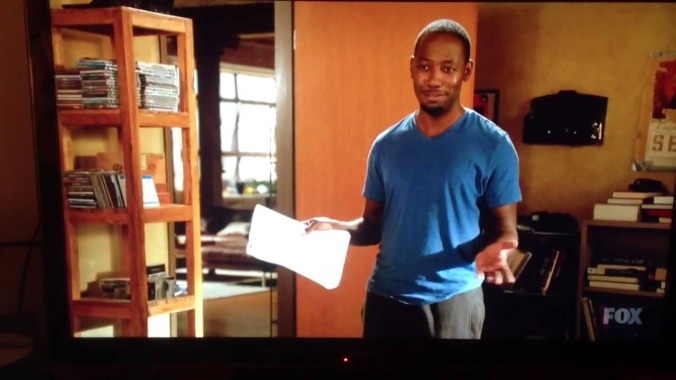From the moment she steps into Sam Malone’s bar, Diane Chambers describes herself as a “poetess,” but she didn’t write much of anything until an attempt at prose in season two’s “.” In one of Cheers’ rare celebrity cameos, Dick Cavett drops by the bar, and Diane naturally can’t resist hounding him with her poetry. To her horror, Cavett blows her off, only to turn around and suggest Sam may have a memoir in him, even offering to hook him up with a publisher. Sam manages to flatter Diane into ghostwriting for him, but to protect her academic reputation, she adopts the pen name Jessica Simpson-Bourget. After writing a few sample chapters of a ballplayer’s struggle with alcoholism, Cavett returns to reject the book, but suggests that sex sells, and with some of Sam’s womanizing thrown in, another publisher could go for the book. Diane insists she would never prostitute her talents, but Sam slyly asks, “Would Jessica Simpson-Bourget?” “That little smut-peddler? In a minute!” Soon they’re back to work on a steamier version of the memoir, leading to the terrific gag of Diane calmly asking Coach for a glass of water, then throwing it in her own face and declaring, “Boy, can I write!” Even though the book is never mentioned again, it’s nice to see that, stripped of her pretensions, Diane manages to get more written—and enjoy it more—than she ever did in the world of academia.

 Keep scrolling for more great stories.
Keep scrolling for more great stories.
